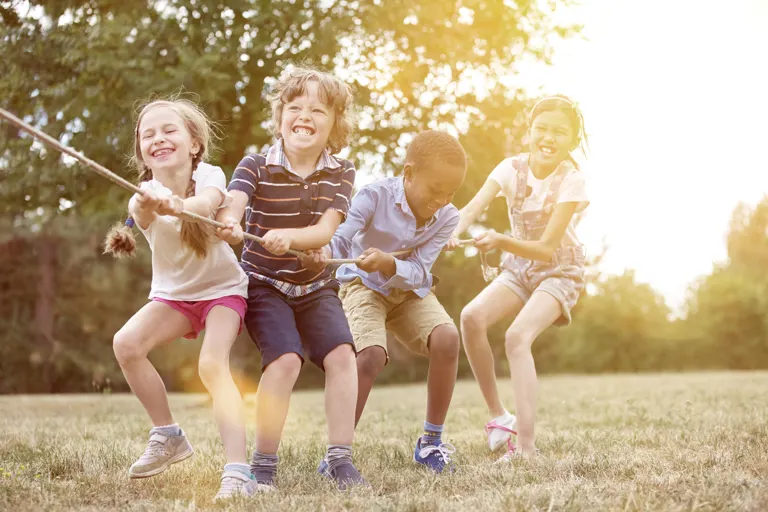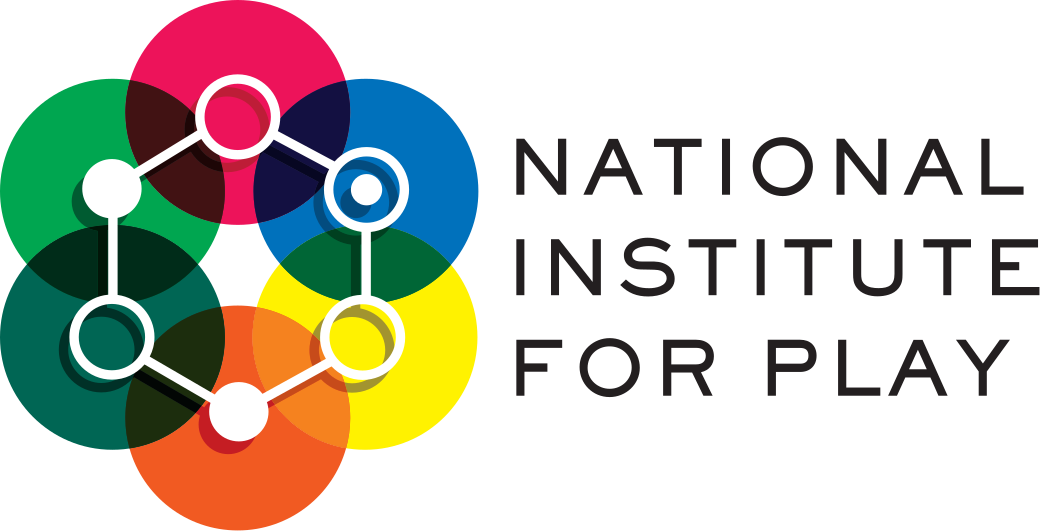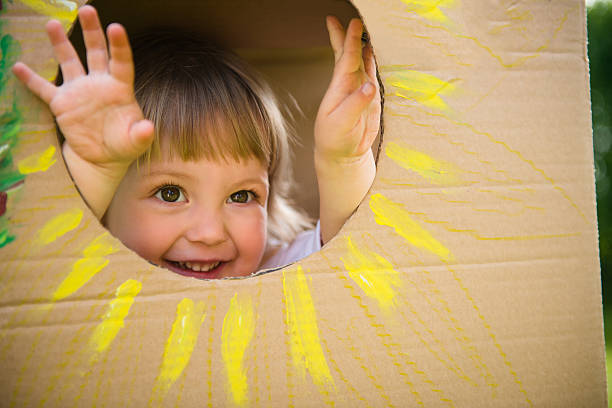Play, Lifeskills and SDGs




Stuart Brown, founder of the National Institute for Play in the USA, says that play can be broken down into the following categories which are all fundamental for healthy human development:
The craft of theatre encompasses all of these different forms of play.

The Lego Foundation compiled a great body of independent research on the activity of play in a white paper called ‘Learning Through Play’. According to this white paper, these are the five key characteristics of a playful learning experience:
Participation in the theatrical experience, as performer, spectator or workshop participant encompasses all of these characteristics.

The World Health Organization has defined life skills as:
'The abilities for adaptive and positive behaviour that enable individuals to deal effectively with the demands and challenges of everyday life.'
UNICEF defines life skills as:
'A behaviour change or behaviour development approach designed to address a balance of three areas: knowledge, attitude and skills.'
These life skills are:
All ten of these life skills are nurtured by participation in theatre.


“The 2030 Agenda for Sustainable Development, adopted by all United Nations Member States in 2015, provides a shared blueprint for peace and prosperity for people and the planet, now and into the future. At its heart are the 17 Sustainable Development Goals (SDGs), which are an urgent call for action by all countries - developed and developing - in a global partnership. They recognize that ending poverty and other deprivations must go hand-in-hand with strategies that improve health and education, reduce inequality, and spur economic growth – all while tackling climate change and working to preserve our oceans and forests.”
- United nations Department of Economic and Social Affairs
Theatre in Italy is aligned with the Sustainable Development Goals international framework.
For more information on SDGs, Life Skills and the importance of play in education, please get in contact.